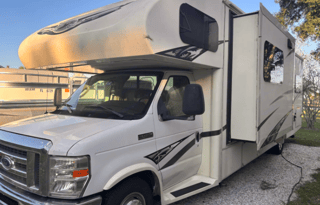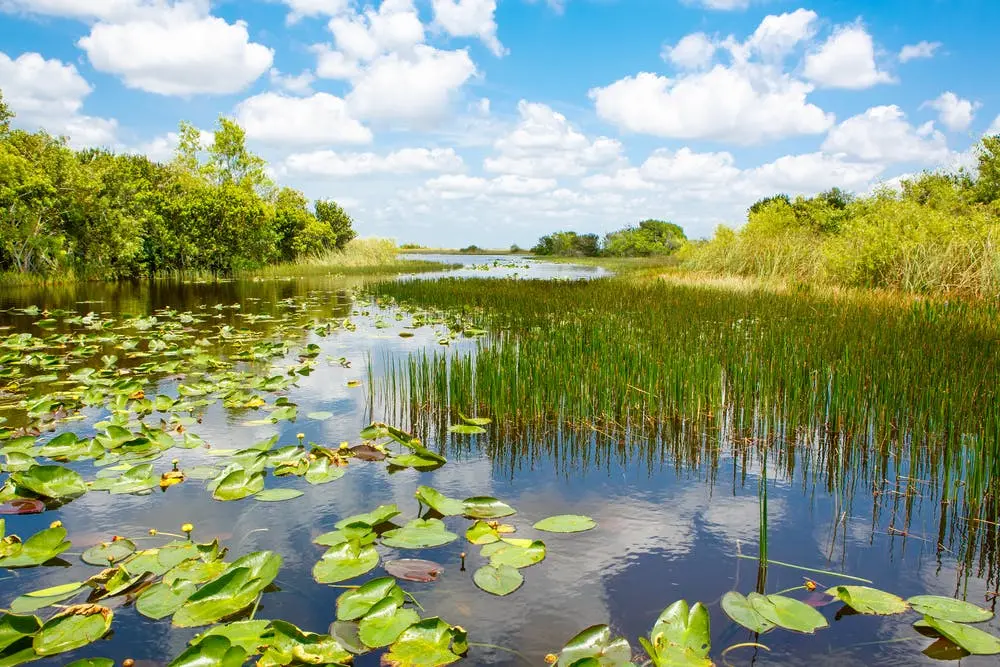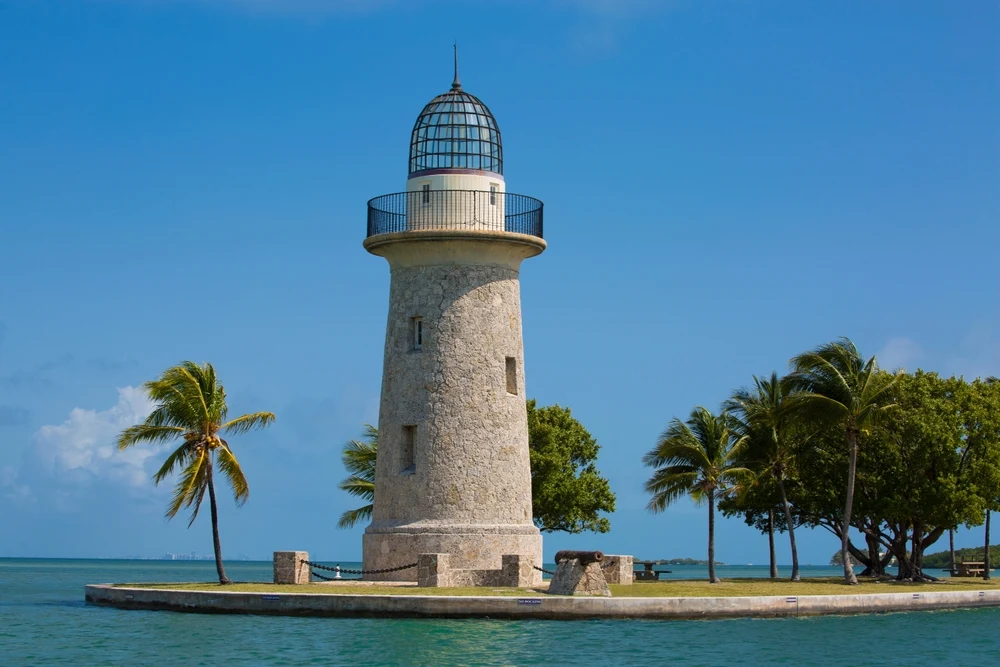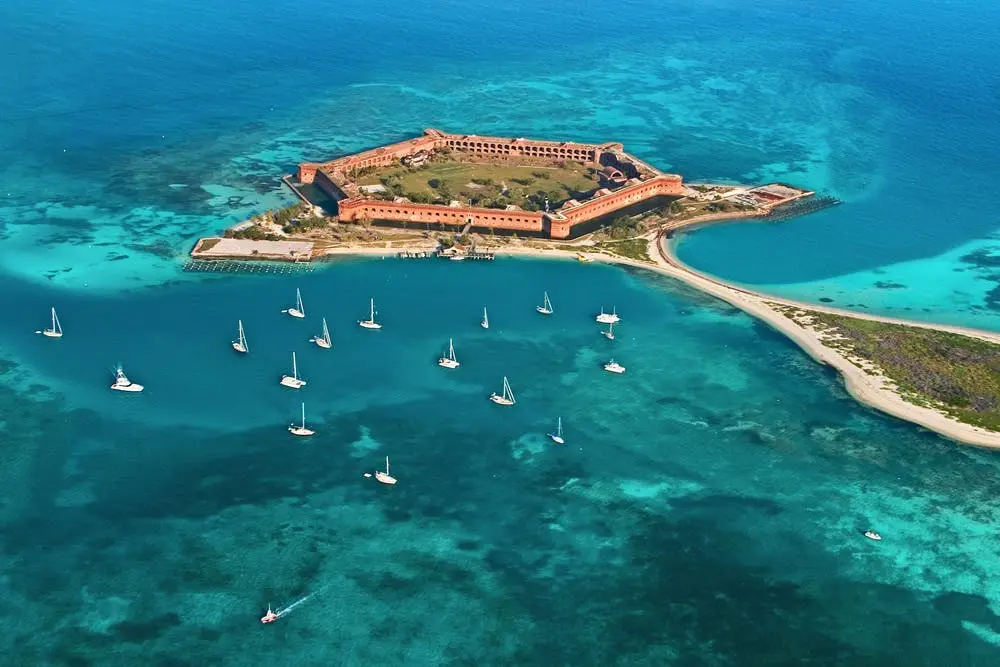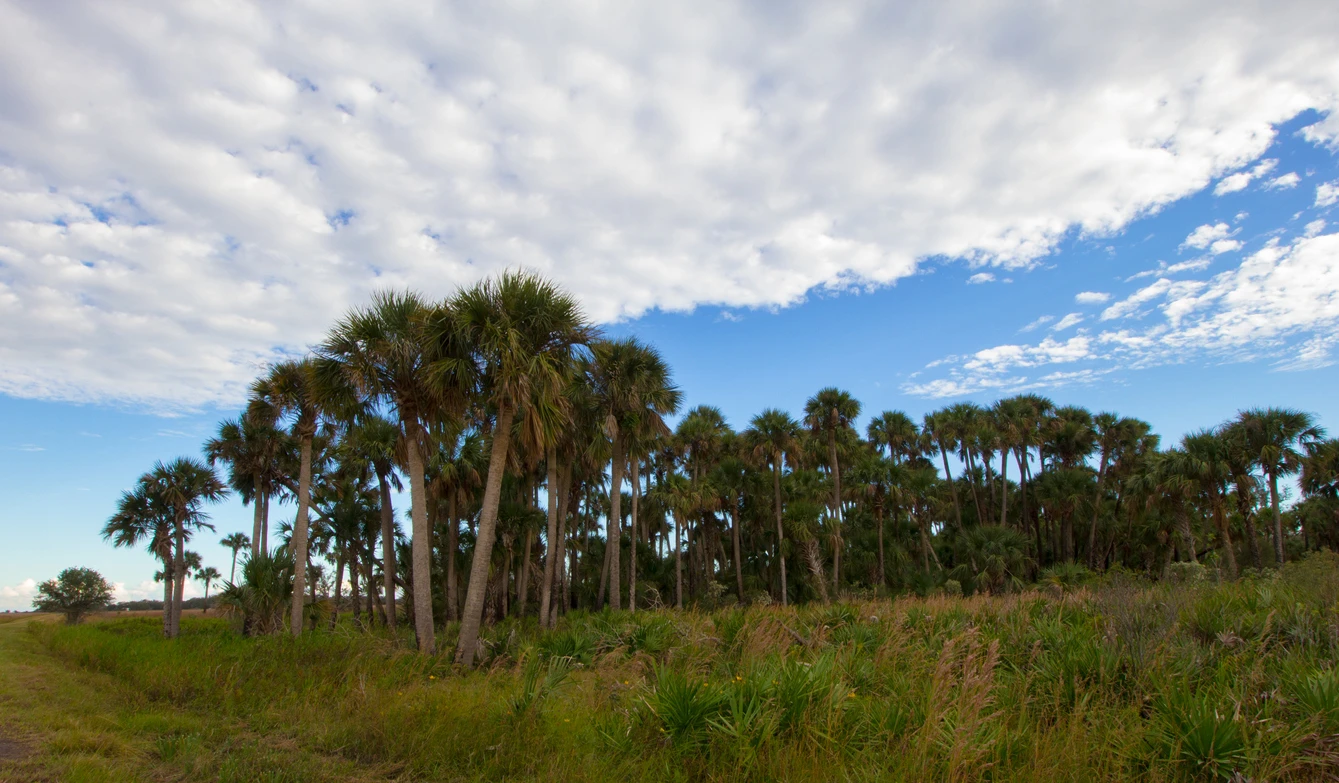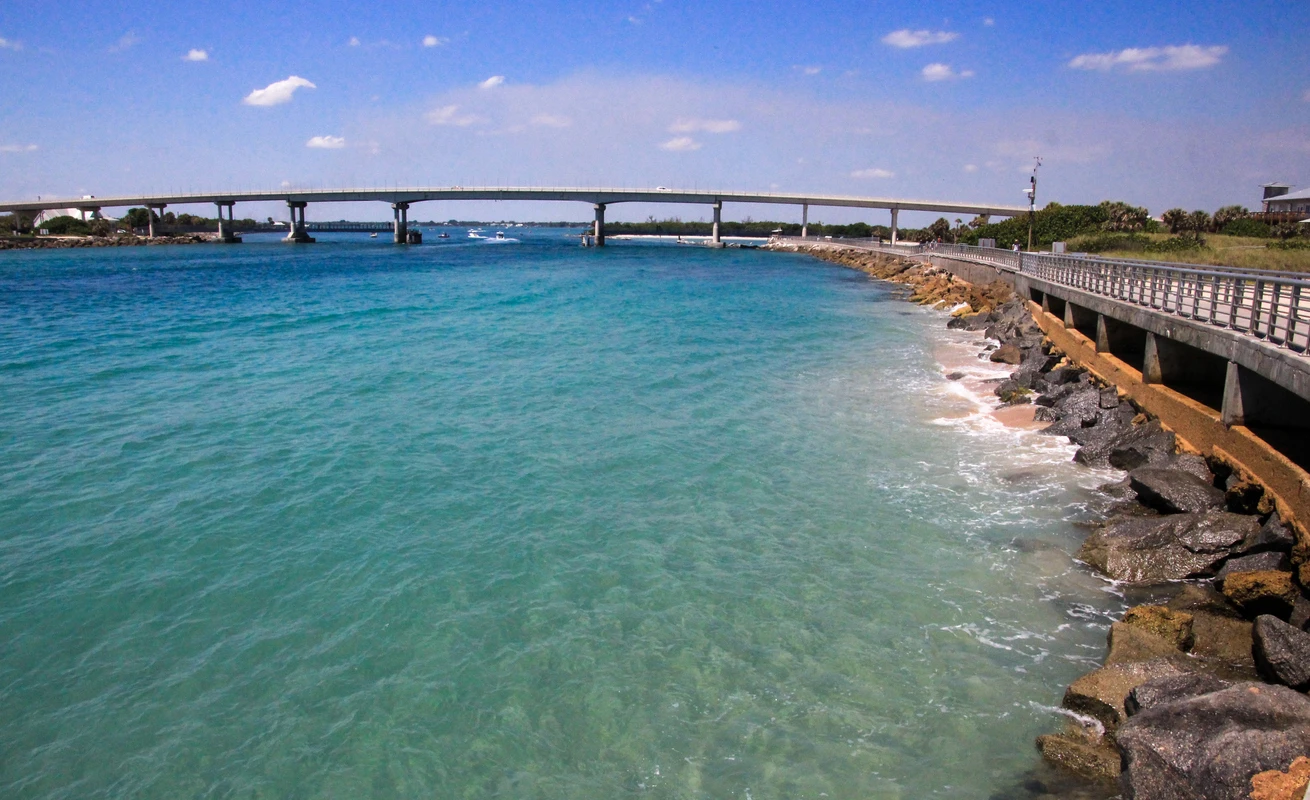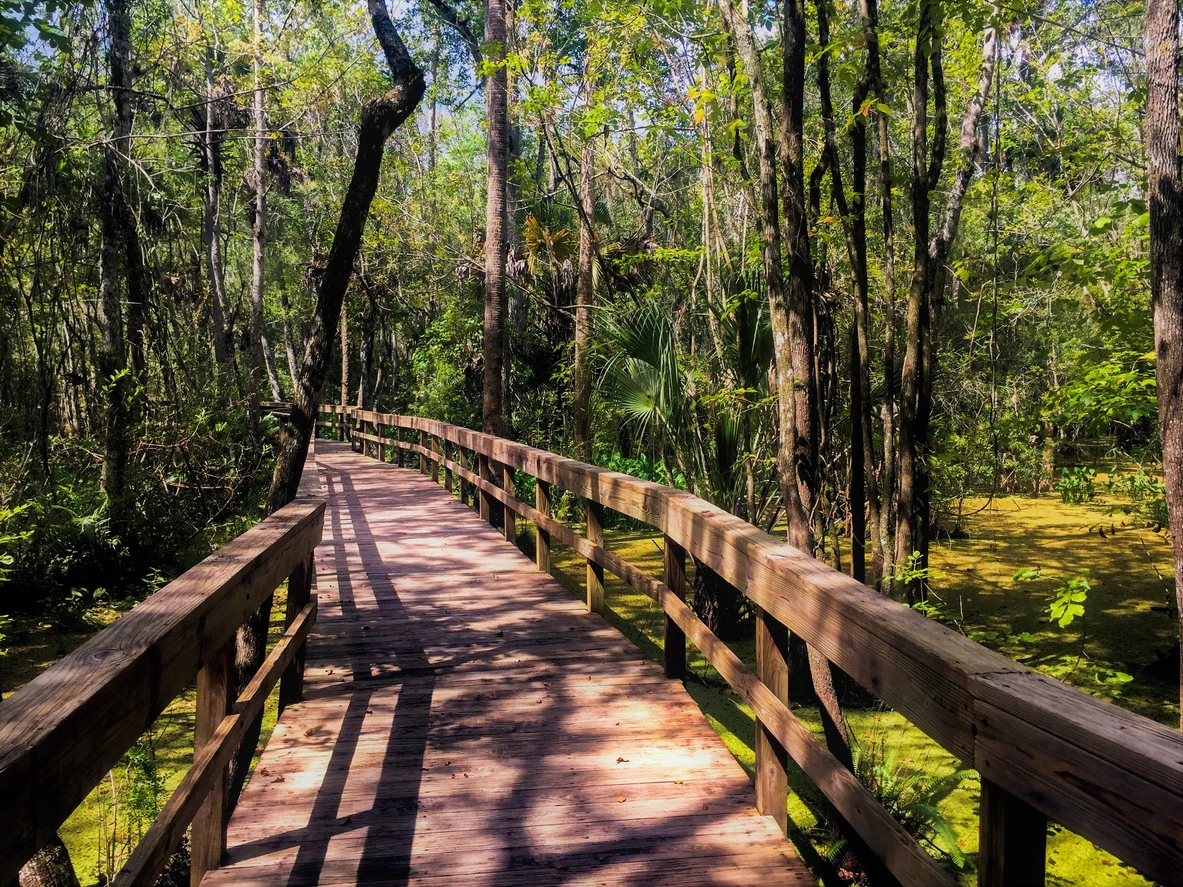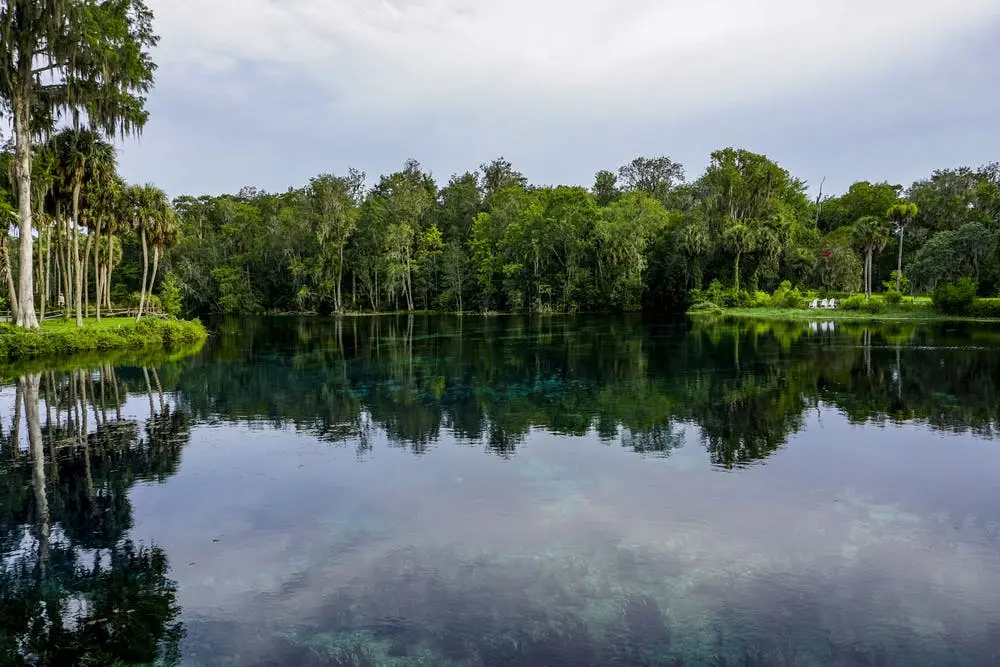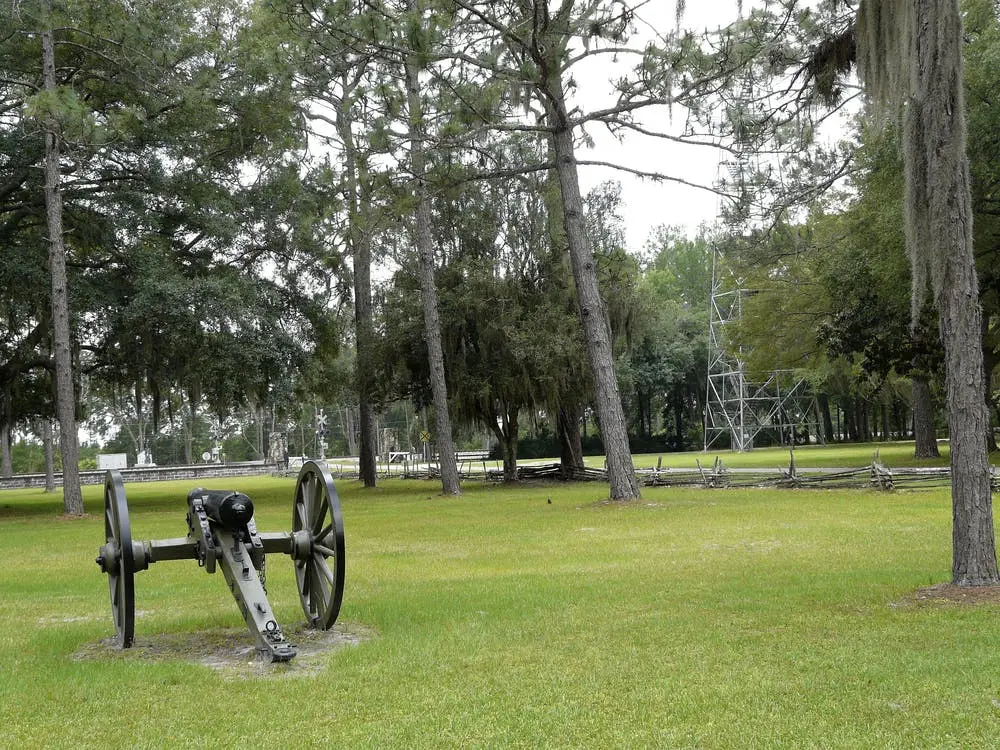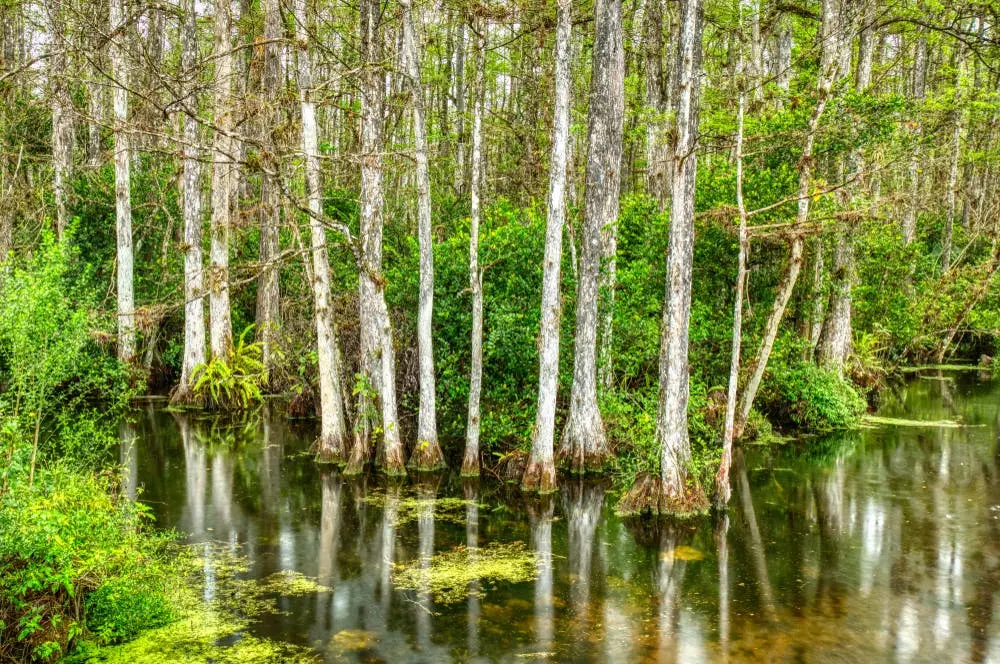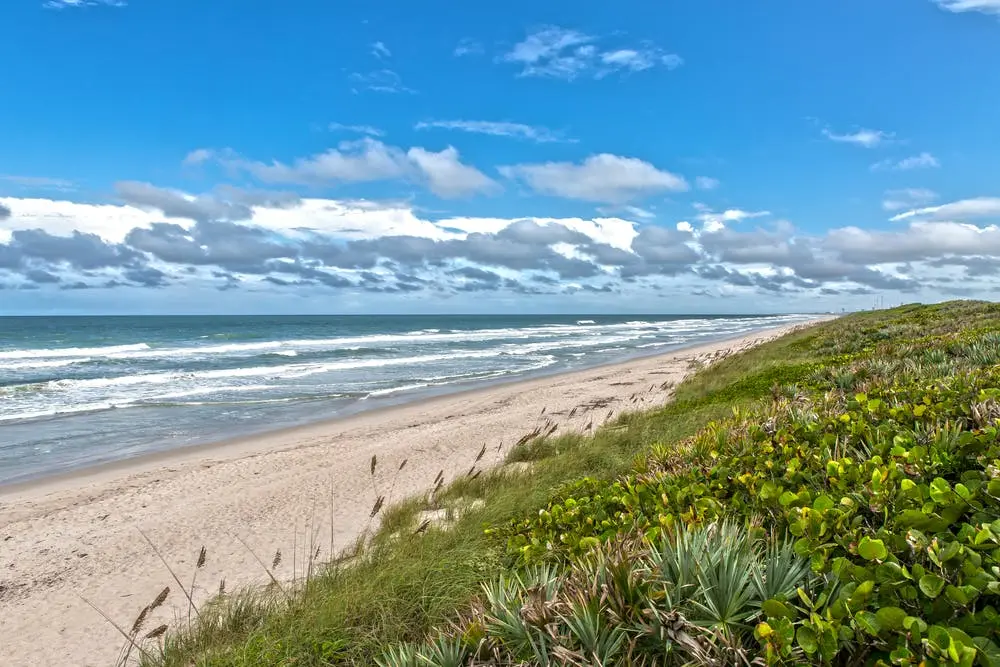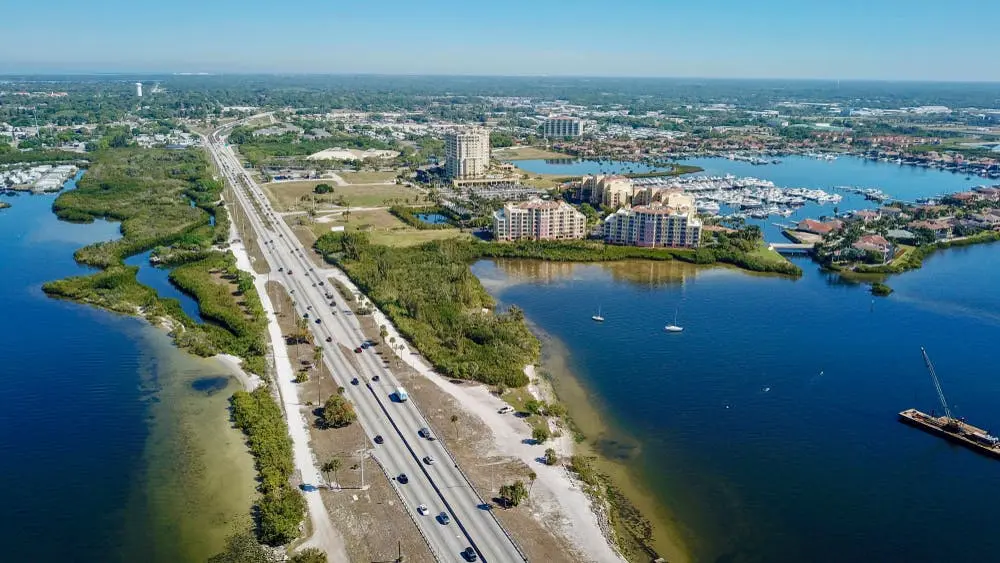Class C RV Rentals in Okeechobee, FL



Browse motorhome by RV Class in Okeechobee, FL
Browse towable by RV Class in Okeechobee, FL
Fifth Wheel
Attaches to a tow vehicle via a gooseneck extension in the truck bedView all Fifth Wheel rentals in Okeechobee
Travel Trailer
Trailer options exist for every kind of SUV or pickup tow vehicleView all Travel Trailer rentals in Okeechobee
Popup
Can be towed by ordinary passenger vehiclesView all Popup rentals in Okeechobee
Toy Hauler
Can be towed by many SUV or pickup tow vehiclesView all Toy Hauler rentals in Okeechobee
Popular RV Searches in Okeechobee, FL
Cheap
Under $100 per nightView all Cheap rentals in Okeechobee
Affordable
$100 - $250 per nightView all Affordable rentals in Okeechobee
Luxury
Above $250 per nightView all Luxury rentals in Okeechobee
Delivery
Owners that deliverView all Delivery rentals in Okeechobee
Pet Friendly
Bring your furry friendView all Pet Friendly rentals in Okeechobee
Best National Parks Near Okeechobee, FL
If you want to experience a different side of Florida than the beaches and ocean shores, you should visit the unique Everglades National Park. Covering 1.5 million acres across southern Florida, the park is made up of fascinating tropical wilderness. The area's marshes, mangrove forests, and wetlands are inhabited by many rare wildlife species, including egrets, herons, water snakes, crocodiles, panthers, and manatees. As you take a guided airboat tour through the marshes, you'll have the chance to observe these creatures and take in the amazing scenery. Alternatively, you can set up a backcountry campsite and hike through the area on your own. The park also offers quite a few ranger-led educational activities for guests.
Biscayne National Park may be more of what you imagine when you think about Florida scenery. The park comprises over 170,000 acres of beautiful land and water along the state's southeastern coast. The park is known as a wonderful destination for a variety of water-based activities. You can go scuba diving or snorkeling in the pristine ocean waters and check out the impressive coral reefs, unique wildlife, and shallow-water shipwrecks. Biscayne is also a superb place for fishing and boating. As for indoor recreation, the park contains a revered contemporary art gallery for guests to explore.
You'll have to travel a fairly long distance in a boat or seaplane to reach Dry Tortugas National Park, but when you get there, you'll experience a picturesque island setting and a tranquil atmosphere. Encompassing seven islands and their associated coral reefs, the park is located about 70 miles west of Key West, Florida. Like Biscayne, Dry Tortugas is a fantastic park for water-based recreation, including fishing, boating, paddling, swimming, snorkeling, and scuba diving. The islands are inhabited by many sea turtles and other interesting wildlife, offering great observation opportunities for wildlife enthusiasts. During your visit, you should take time to explore the massive 19th-century fortress as well as the historic lighthouse.
National Forests Near Okeechobee, FL
RV Rentals Near Okeechobee, FL
Frequently Asked Questions About Renting a Class C RV Near Okeechobee, FL
How do I properly navigate and park a Class C motorhome rental in urban areas or tight spaces in Okeechobee, FL?
When navigating and parking a Class C motorhome rental in urban areas or tight spaces, it's important to take your time and plan your route beforehand. Familiarize yourself with the dimensions of the motorhome and the height and width restrictions of the roads you'll be traveling on. When it comes to parking, look for designated spots or parking garages that can accommodate the size of your RV. Always pay attention to signage and be aware of any towing restrictions in the area.
Do I need to know any weight or height restrictions when driving a Class C motorhome rental in Okeechobee, FL?
Yes, it's important to be aware of weight and height restrictions when driving a Class C motorhome rental in Okeechobee, FL. Many bridges and overpasses have low clearance levels that may not accommodate the height of your RV. Additionally, be mindful of the weight of your vehicle and ensure that you're not exceeding any weight limits on the roads you're traveling.
How do I properly level and stabilize a Class C RV rental at my campsite or RV park, and what equipment or tools do I need for this?
Discuss your specific campsite with the RV owner to determine if any leveling equipment is necessary. If so, they will walk you through how to set it up safely.
What kind of maintenance or upkeep do I need to perform on a Class C motorhome rental during my rental period?
During your rental period you are not responsible for maintenance. Treat the RV with care and maintain cleanliness during your trip.
Can I bring my bicycles or other outdoor equipment to use with the Class C motorhome rental, and what storage options are available for these items?
Yes, you can bring your bicycles or other outdoor equipment to use with the Class C motorhome rental. Many RVs have storage compartments or racks that can be used to store bikes, kayaks, or other outdoor gear. Check with the RV owner to see what storage options are available and how much weight they can accommodate.
What fuel efficiency considerations do I need to consider when driving a Class C motorhome rental, and how can I minimize the impact on my fuel costs?
Class C motorhome rentals are generally less fuel-efficient than smaller vehicles, so it's important to be mindful of your fuel usage. To minimize fuel costs, try to stick to slower speeds and avoid idling or rapid acceleration. Planning out your route ahead of time can also help you save fuel by avoiding unnecessary detours or backtracking.
Can I bring my entertainment equipment or appliances for the Class C motorhome rental, such as a portable grill or music player?
Yes, you can bring your own entertainment equipment or appliances to use with the Class C motorhome rental. However, be sure to check with the RV owner beforehand to ensure that the RV is equipped with the necessary outlets or connections to use your equipment. Additionally, be aware of any safety hazards, such as using portable grills near the RV, and take appropriate precautions.
Are any particular features or amenities available in Class C motorhome rentals that may not be found in other RVs in Okeechobee, FL?
The features and amenities available in Class C motorhome rentals can vary depending on the make and model of the RV. Some common features that may be available in Class C motorhome rentals include kitchenettes, bathrooms with showers, and additional sleeping areas. Check with the RV owner to see what features and amenities are included in their particular rental.
How do I correctly set up and use the kitchen and bathroom facilities in a Class C motorhome rental, and do I need to know any specific maintenance or cleaning considerations?
The RV owner will familiarize you with how to use the facilities. Take note of where the water and electrical hookups are located, and make sure to follow any instructions or guidelines provided by the RV owner. When it comes to cleaning and maintenance, be sure to follow proper procedures for disposing of waste and using cleaning products that won't damage the RV's plumbing or fixtures.
